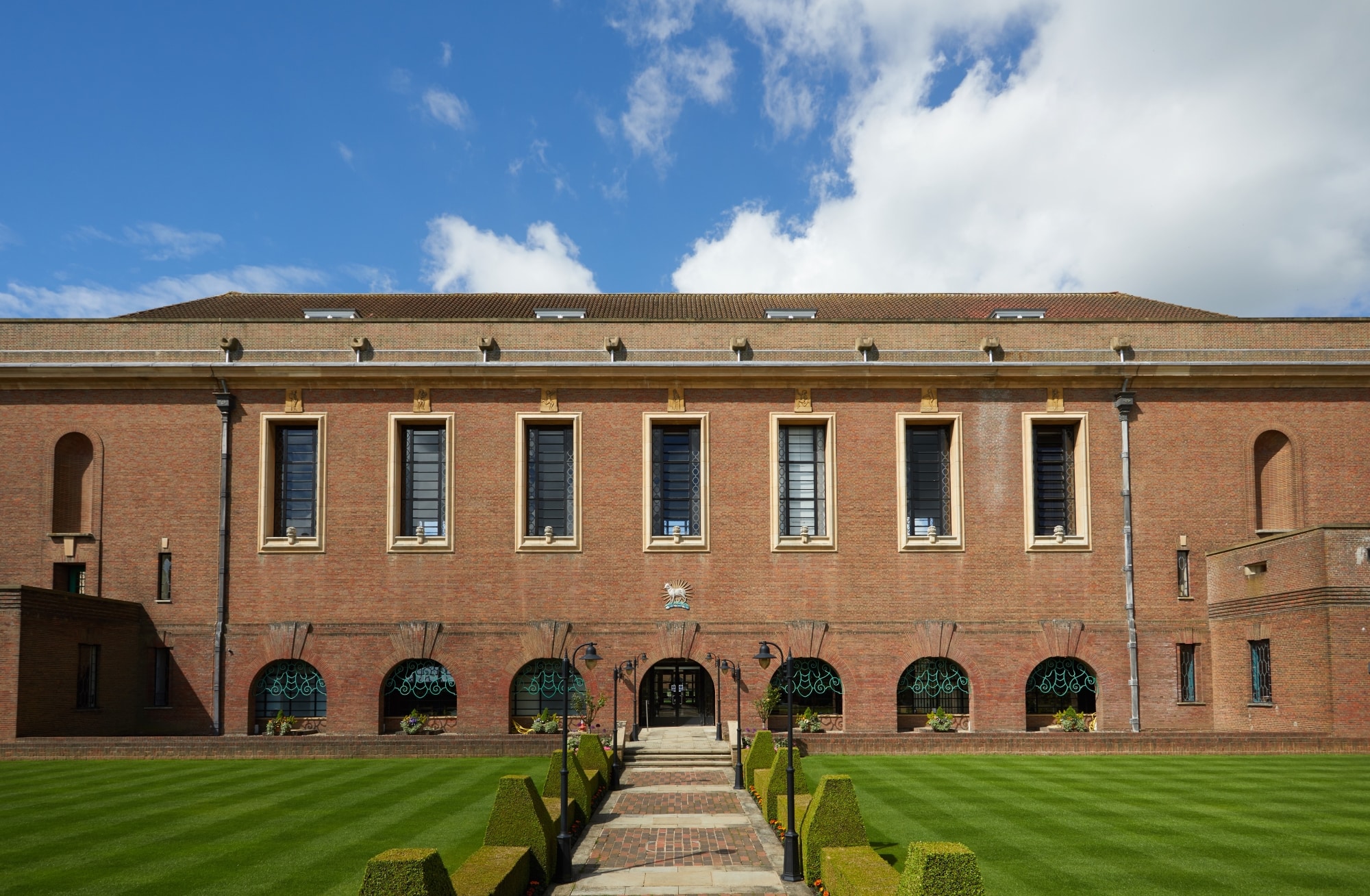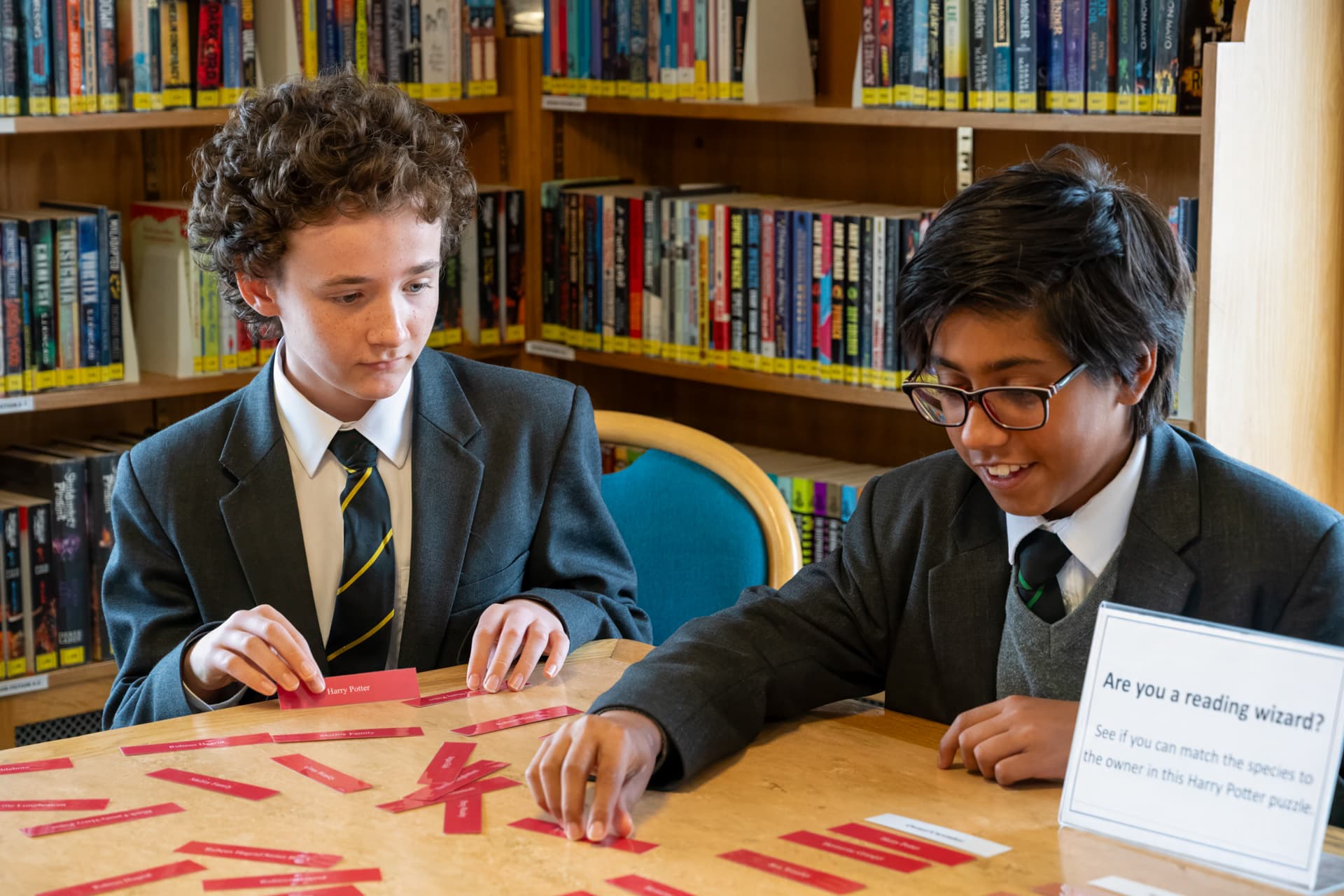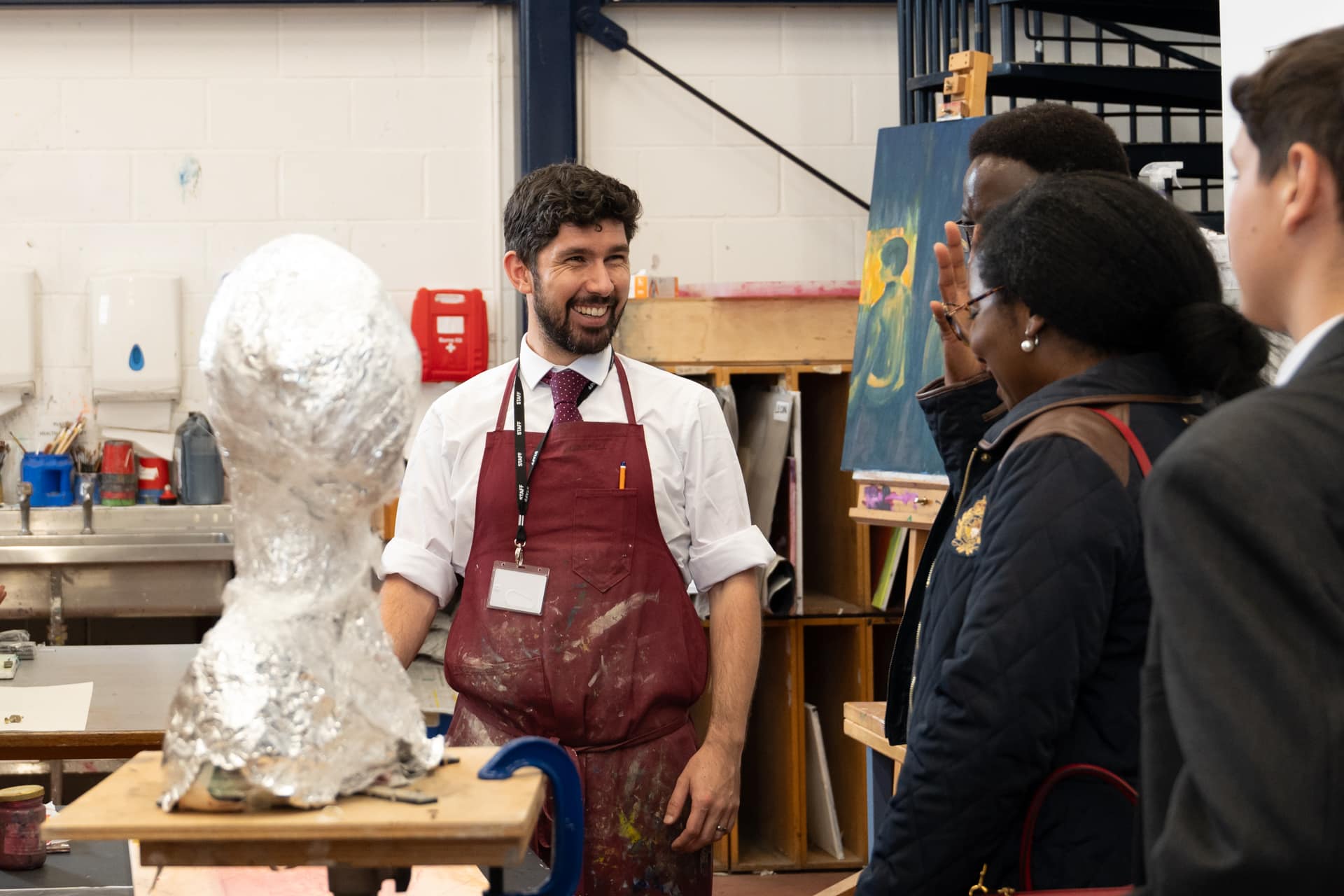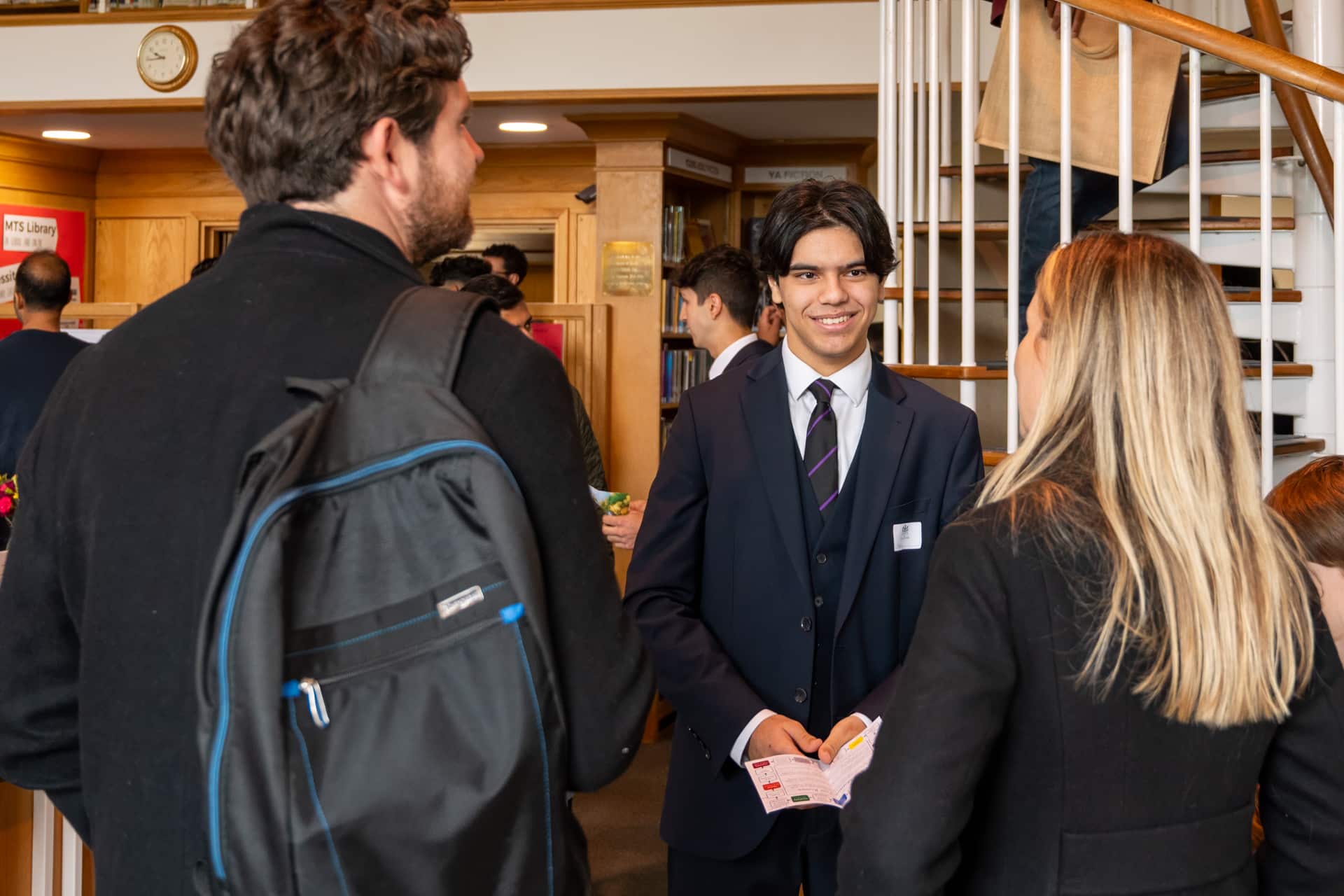Inspection Reports
Full School Inspection Report
Read Now
Written By: Independent School Inspectorate
Published: 05 2025
Material Change Inspection Report
Read Now
Written By: ISI
Published: 04 2025
Full ISI Inspection Report
Read Now
Written By: ISI
Published: 05 2022
Compliance Inspection Report
Read Now
Written By: ISI
Published: 01 2018
ISI Integrated Inspection
Read Now
Written By: ISI
Published: 03 2014
Policies
Where next?
Get in Touch





